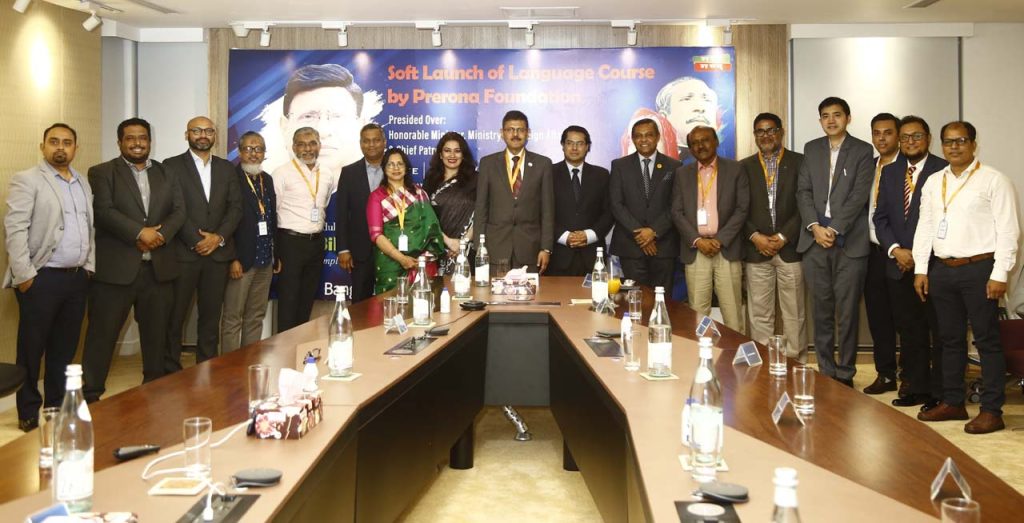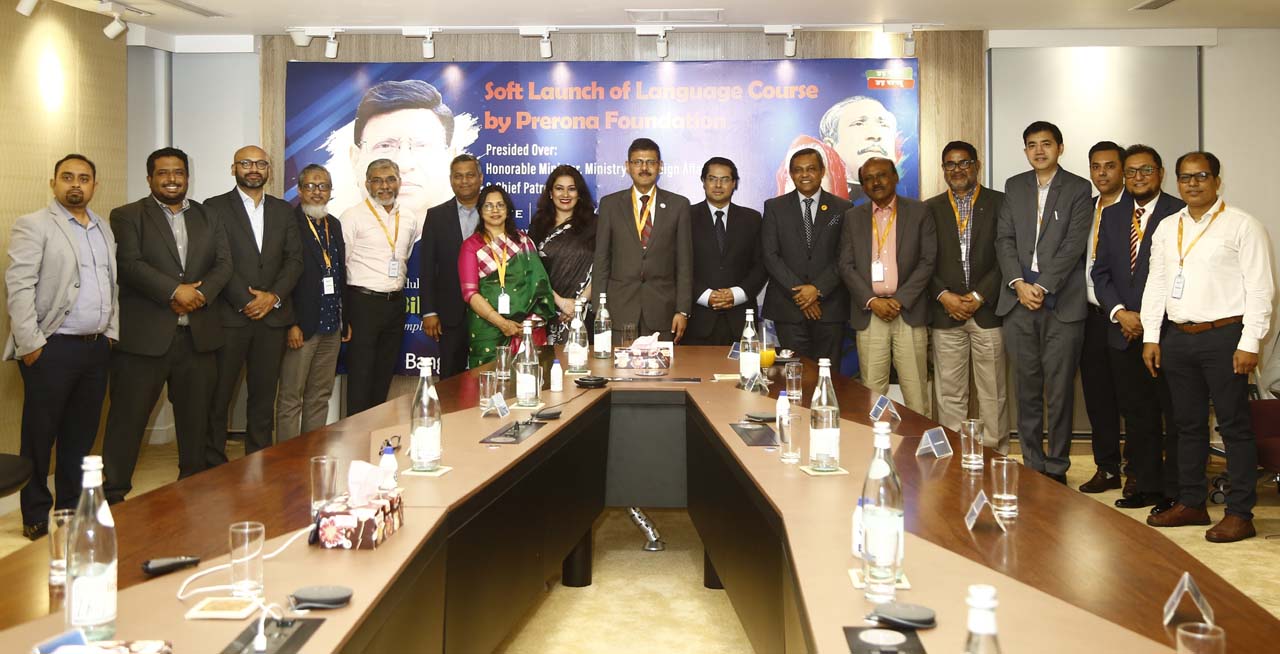

In FY 2020-2021, Bangladeshi migrant workers had sent home USD 24.77 billion in remittances, a record by its own standard, even in the face of a debilitating global economy during the ongoing pandemic. Bangladesh currently ranks as the sixth-largest source of international migrant workers globally, according to World Migration Report 2022. Bangladesh Bank reports, that the remittance inflow from about 10 million expatriates accounts for nearly 12 per cent of the country’s GDP. The sustainability of Bangladesh’s economic growth is indisputably much proportional to ensuring the sustainability of the country’s remittance growth.
Sustaining the current robust growth of remittance inflow will be an impending challenge for Bangladesh. An increasing volume of outbound Bangladeshi workers finding work opportunities in newer destinations, particularly in East Asian countries shows a positive sign. But, a particular concern remains on the growing number of unskilled migrant workers from Bangladesh who average a lesser monthly income compared to what is earned by the relatively higher-skilled ex-pats from China, India and the Philippines. In fact, Bangladesh’s per worker remittance inflow remains one of the lowest in the world, owing to the lower wages the workers earn due to a lack of skills. If Bangladesh is to sustain this high growth of remittance into the future, migrant workers must be equipped with the necessary skills that keep them competitive in the overseas employment market.
There is undoubtedly a window of opportunity for the country to tap into the international demand for a skilled workforce. Bangladesh Foreign Employment Council (BFEC) is working to increase the country’s remittance inflow by transforming employability to the global market. With this objective, BFEC has undertaken multiple initiatives to enhance various soft and technical skills of migrant workers in order to expand the country’s footprint in the overseas employment market. As part of this, under the aegis of the Ministry of Foreign Affairs, BFEC has initiated training programmes, including language courses, to build the capacity of the migrant workers outbound for South Korea, among other countries.
Prerona Foundation, social welfare and non-profit organisation, has recently joined hands with Bangladesh Foreign Employment Council (BFEC) to initiate a language course targeted at the outgoing low-skilled migrant workers to various countries. The initial focus of the training programme will be migrant workers travelling to South Korea. The objective of this language course is to capitalise on the widening opportunities that Korea is offering to Bangladeshi workers through its EPS (Employment Permit System) programme. Prerona Foundation and BFEC will jointly organise the Korean language course, initially enrolling 20 low-skilled workers. The programme organisers believe there is a substantial scope in offering training to the migrant workers and hope that this language course can positively affect the wages earned by the migrant workers and in turn, boost the remittance inflow of the country. Upon completion, the trained workers will be sent to South Korea through Bangladesh Overseas Employment and Services Limited (BOESL), under the Ministry of Expatriates’ Welfare and Overseas Employment.
Shabbir Ahmad Chowdhury, Secretary (West), Ministry of Foreign Affairs said, “The language course could be pivotal in improving the wellbeing of the migrant workers. If we could work on developing the language proficiency of our migrant workers, they will start to earn more in salary. The resulting increase in remittance inflow means, the government would enjoy a boost in their foreign reserve as well.”
Shehzad Munim, Member, Advisory Council, Prerona Foundation, said, “We really want to create an ecosystem where we can work together and utilise the opportunities through effective public-private partnerships in driving the development aspirations of the nation”.
M Nayeem Hossain, President, BFEC said, “We would like to offer training programmes for migrant workers covering a range of categories starting from language courses, hospitality services and other technical areas, to enhance their employability.”
The soft launch event of the “Korean language course” was held in Dhaka recently. Sheikh Shabab Ahmed, Director, Governing Body, Prerona Foundation, shared a detailed outline of the course at the programme. The launching event was graced by the presence of Shabbir Ahmad Chowdhury, Secretary (West), Ministry of Foreign Affairs; M Nayeem Hossain, President, BFEC; Shehzad Munim, Member, Advisory Council, Prerona Foundation; Md. Miarul Haque, Managing Director, DHL Express; Dr Riad Mamun Prodhani, Managing Director & Country President, Novartis (Bangladesh) Limited; Mahtab Uddin Ahmed, former Managing Director and CEO, Robi Axiata Ltd.; Quazi M Shahed, CEO, Zunoks; Zara Mahbub, CEO, Dun & Bradstreet Bangladesh; Banani Biswas, General Manager, Bangladesh Overseas Employment and Services Limited (BOESL); and Tareq Rafi Bhuiyan, Secretary-General, Japan Bangladesh Chamber of Commerce and Industry (JBCCI); among others. H.E. Md Nazrul Islam, Ambassador of Bangladesh to Ethiopia, and Zaved Akhtar, CEO, of Unilever Bangladesh, were also present during the event via the virtual medium.

